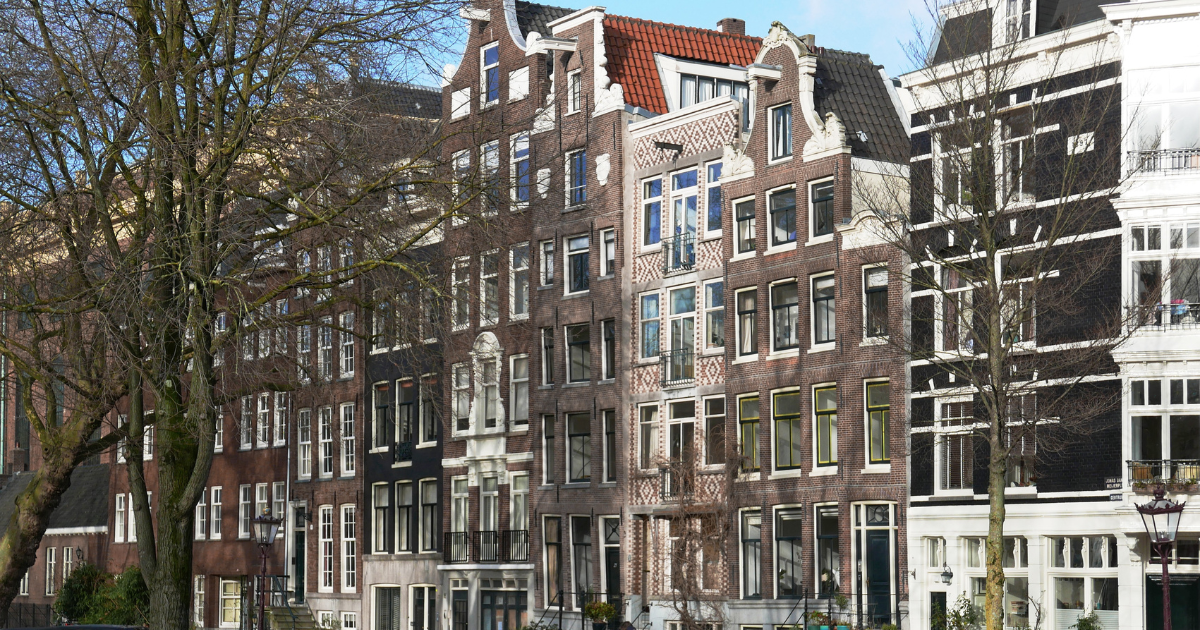Historic homes hold a special place in the real estate market, offering a glimpse into the rich tapestry of our past. These architectural marvels not only captivate with their timeless allure but also serve as a testament to our cultural heritage. In this blog post, we will explore the significance of preserving historic homes and how they continue to shape the real estate market.
Connecting with History
When we step into a historic home, we are transported to another era, allowing us to connect with the individuals who once lived within its walls. The intricate details, unique craftsmanship, and captivating stories woven into these homes create a sense of nostalgia and wonder. Preserving historic homes ensures that future generations can experience this connection with history, appreciating the architecture and lifestyle of bygone times.
Specialized Knowledge for Buying and Selling
Buying or selling a historic home requires specialized knowledge and expertise. The National Association of Realtors provides valuable insights into the process. It is essential to research and understand the home’s history, including past renovations, to accurately represent its historical significance. Furthermore, buyers should be aware of any ongoing obligations related to preserving the property’s historic value within designated districts. Working with a real estate agent experienced in handling historic properties is crucial to navigating these intricacies.
The Pros and Cons of Historic Homes
Owning a historic home brings both advantages and challenges. On one hand, these homes offer unique architectural beauty and a sense of pride in preserving cultural heritage. They often become landmarks within their communities, contributing to the neighborhood’s character. However, maintaining and repairing historic homes can be costly due to the need for specialized materials and skilled labor. Additionally, strict regulations within designated historic districts may limit certain modifications or renovations. Prospective buyers should carefully consider these factors before purchasing a historic home.
Value Retention and Investment Potential
Historic homes have proven to retain their value even in challenging economic times. According to a study by Frederick Real Estate, historic homes tend to depreciate at a slower rate compared to other properties during downturns. The scarcity and timeless appeal of these homes contribute to their long-term stability in the real estate market. Savvy investors recognize the potential for appreciation and the unique rental opportunities these homes can offer.
Preservation as Market Morality
Preserving historic homes is not just about maintaining architectural beauty; it is also a matter of market morality. Historic preservation allows us to honor our past while creating a more sustainable future. It promotes responsible development practices and fosters a sense of pride and community. As homeowners and real estate professionals, we have a collective responsibility to protect these valuable cultural assets for future generations.
Conclusion
Historic homes continue to hold a prominent place in the real estate market due to their intrinsic value and timeless appeal. Preserving these architectural treasures preserves our cultural heritage, connects us with history, and adds depth and character to our communities. While owning a historic home comes with unique challenges, the rewards far outweigh them. The investment potential, value retention, and market morality associated with historic preservation make these homes an enticing choice for buyers and a testament to our shared past.
Sources: NAR, Rocket Mortgage, Bankrate, Frederick Real Estate

